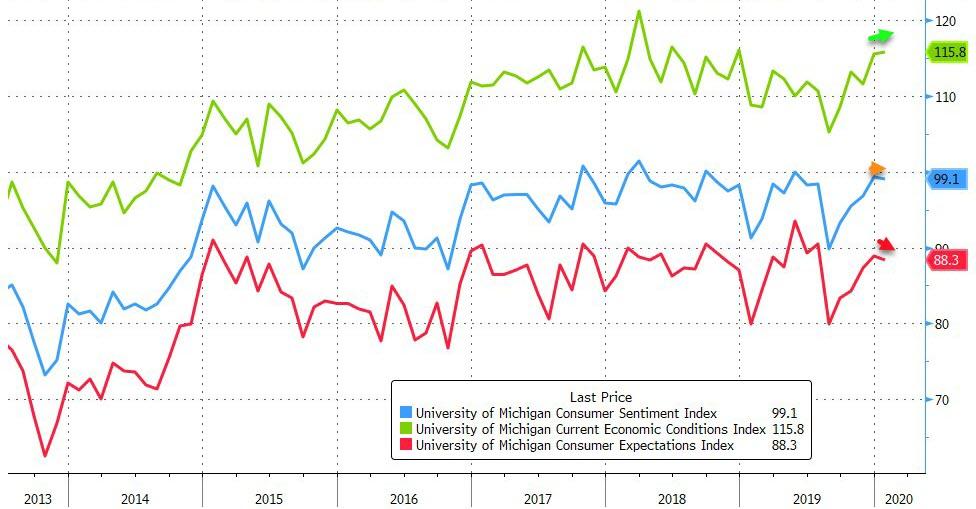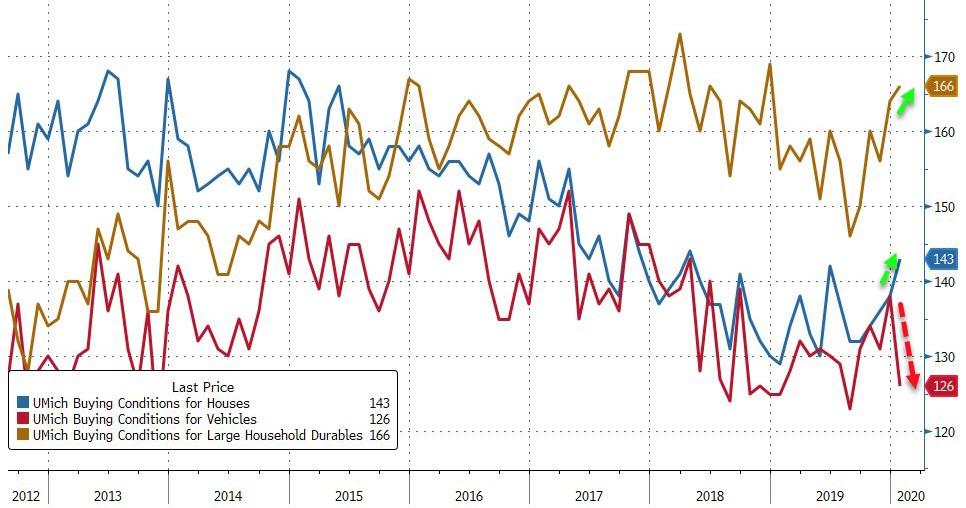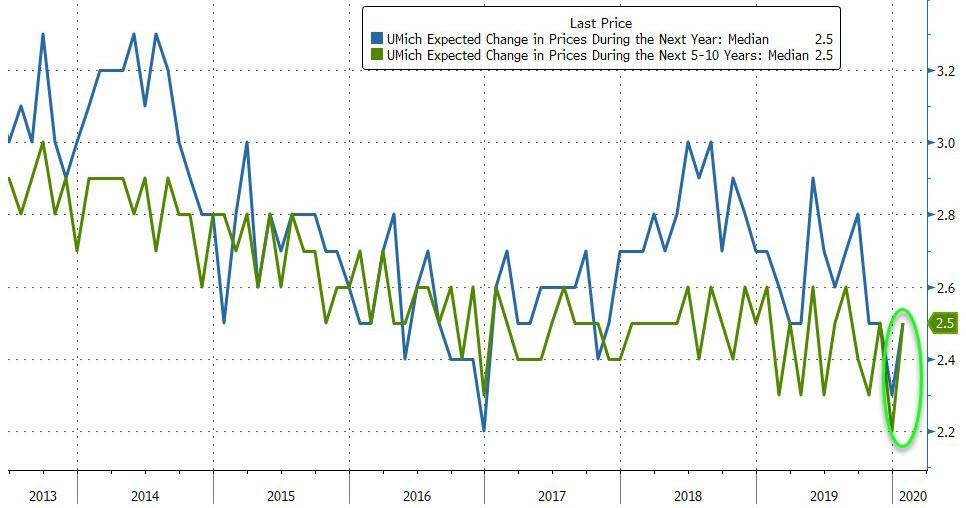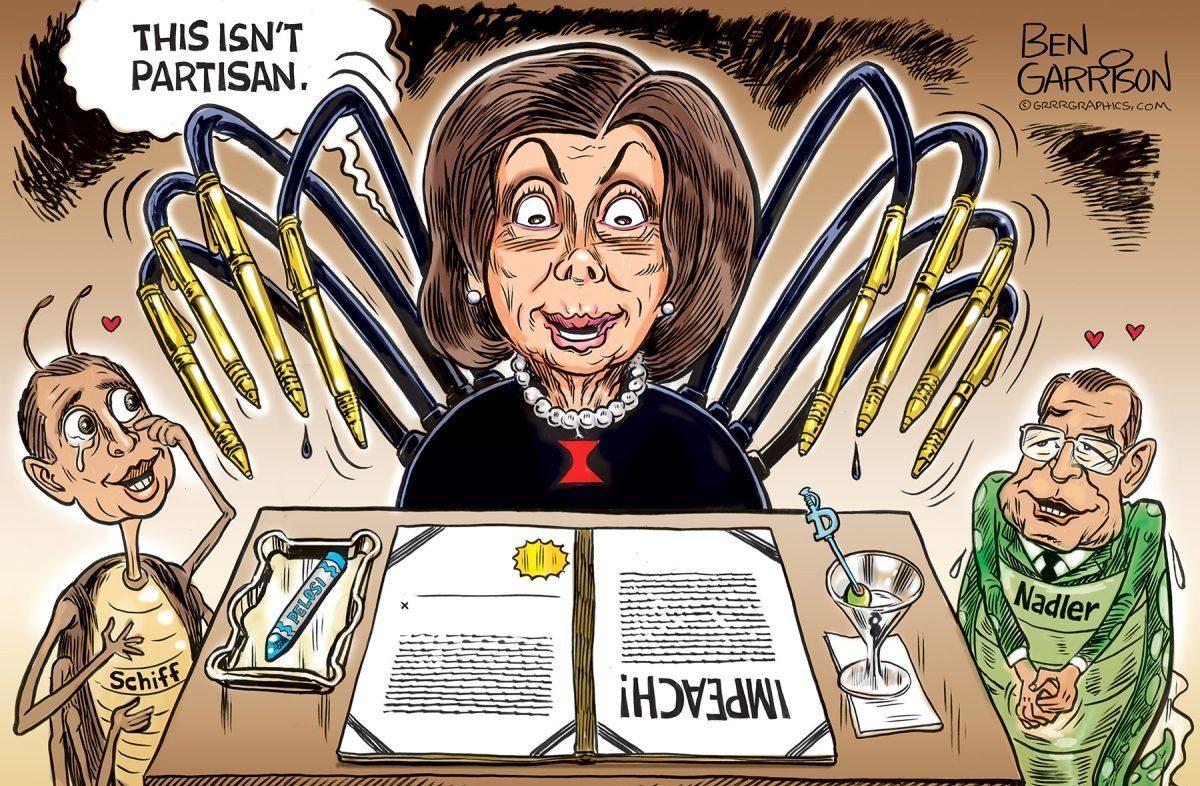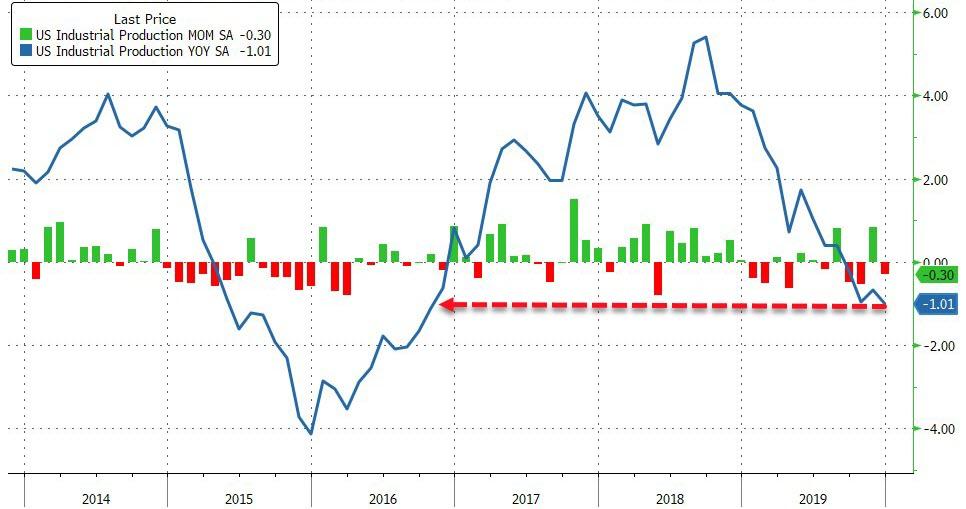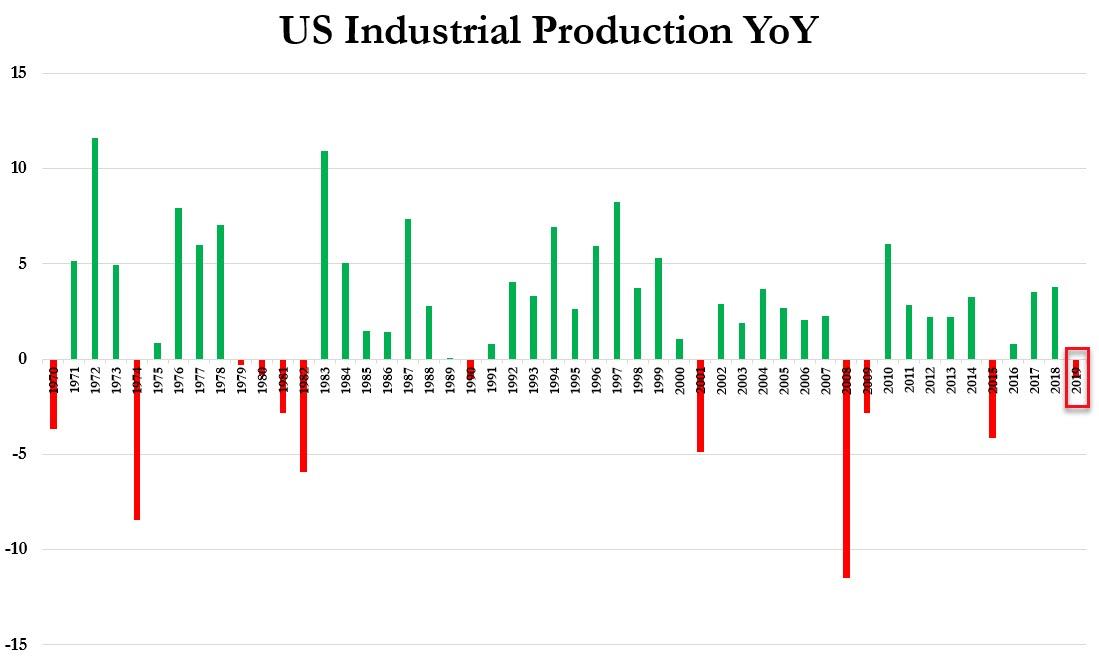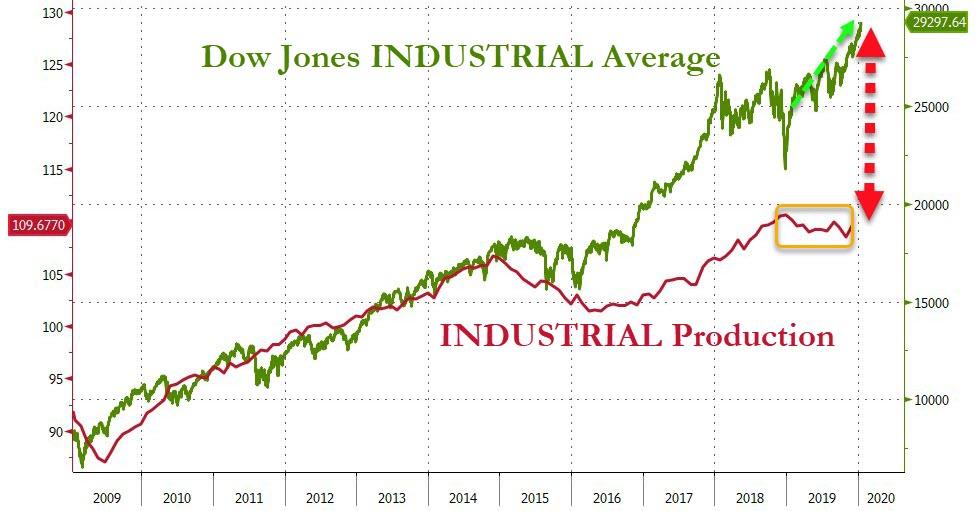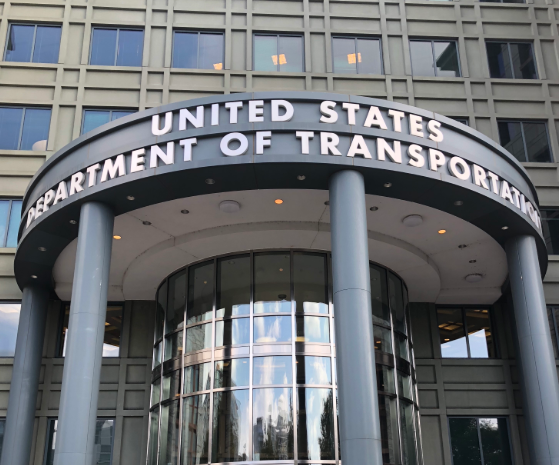Yesterday, the Government Accountability Office (GAO) released a decision concerning the withholding of Ukraine security assistance. I had four tentative observations, which I summarized in a Tweet thread.
First, who does GAO conclude violated the Impoundment Control Act (ICA) with respect to then failure to timely disburse the full funds to Ukraine? Answer: The Office of Management and Budget (OMB). The decision does not conclude that President Trump violated the ICA with respect to the withholding of funds. GAO did not, and indeed could not, find that President Trump personally violated the ICA with respect to withholding the funds. Seth Barrett Tillman and I offered a similar observation on Lawfare last month. We wrote that only those charged with executing the ICA could violate that statute, not President Trump:
If Trump’s underlings delayed making a timely transfer of funds to Ukraine, as required by the relevant appropriations act, then it is they who are legally responsible (though the president always bears political responsibility for the actions of all his subordinates in the executive branch).
GAO does discuss 2 U.S.C. § 684. This statute imposes a duty on the President to notify Congress in certain circumstances. GAO suggests that the notification requirements of Section 684 were met, but not complied with by President Trump. Therefore, they allege that the President violated this statute. This reporting requirement turns on whether the administration had a valid reason to defer some of the payments. I need to study this subsidiary question further.
Second, did GAO provide any evidence to show that President Trump personally directed his subordinates to withhold the funds? I hesitate before concluding that the President ordered his subordinates to violate the law, when there is a dispute about what exactly the law requires. Several people have cited Mick Mulvaney’s press conference, wherein he relayed a conversation with President Trump:
Mulvaney: “(Trump’s) like, ‘Look, this is a corrupt place. I don’t want to send them a bunch of money and have them waste it, have them spend it, have them use it to line their own pockets. Plus, I’m not sure that the other European countries are helping them out either.’
This is not evidence that Trump ordered his subordinates to withhold any funding. Trump merely expressed an opinion that he didn’t want to send money to Ukraine, which he viewed as a corrupt country. Were this a run-of-the-mill criminal case, and this comment was picked up on a wiretap, I don’t think there would be enough evidence to show the defendant directed his subordinates to take any action, much less evidence to intentionally direct any illegal action. There may be other evidence about what the President personally directed–rather than what people may have inferred–but GAO has cited none.
Third, did GAO provide any evidence to show that President Trump directed his subordinates to deliberately violate the ICA? This question is premised on a disputed legal issue: was the withholding of certain funds, for some period of time, a violation of the ICA. I don’t have nearly enough expertise in budgetary law to opine on this question. The Trump Administration contends that the temporary withholding of part of the funds was lawful if the money was timely transferred to Ukraine as required by statute. GAO disagrees with this argument. It is possible that President Trump ordered his subordinates to with the funding, and he thought the order was lawful because the money would still be transferred within the fiscal year. In that case, the President only ordered his subordinates to violate the law if the GAO was correct about its interpretation of the ICA. GAO–an arm of Congress–offered its opinion, but by no means is this judgment final, and authoritative.
Four, did GAO find that President Trump violated the Constitution’s Take Care Clause? No. The decision states, “Faithful execution of the law does not permit the President to substitute his own policy priorities for those that Congress has enacted into law.” Did Trump violate the Take Care Clause? GAO will not say, but they are all too happy to insinuate a constitutional ruling. This driveby dictum is entirely unsupported.
GAO cites no authority, either from any court, or from the Office of Legal Counsel about the Take Care Clause. (There is one citation to Clinton v. City of New York, which discusses bicameralism and presentment, not faithful execution.) Yet this report, released hours before the impeachment trial begins, gently suggests that the President violated the Constitution, even if he did not actually violate any statute.
In May, I criticized the Mueller Report for spinning a theory of the Take Care Clause without any analysis:
[Mueller’s] argument is premised on a novel theory of the Take Care Clause that no court of record has even hinted at. Mueller may be right about this theory in many, if not most cases. But he should have exercised far more caution in advancing this sweeping constitutional argument. That lack of caution reaffirms, once again, how far he departed from OLC’s limited discussion of the President’s amenability to the criminal law. …
Regrettably, the Mueller report is not a mere academic exercise. Mueller made significant allegations about the culpability of the president, based on threadbare constitutional analysis. The Take Care Clause is not a general good governance provision. It is not a constitutionalized version of the obstruction of justice statute. The Take Care Clause is not a Rorschach test that prohibits whatever you want it to prohibit. The Take Care Clause has a meaning, and Mueller did not do the work to ascertain its meaning.
This criticism applies even more forcefully to GAO. This congressional-agency has no specialized subject matter expertise over constitutional law. The Take Care Clause has a meaning, and GAO didn’t even graze the surface of that clause. GAO put forward no analysis of what the clause means. Indeed, the Supreme Court has said very little about this provision. And GAO have carelessly hinted the President has violated the Constitution. It suffices for #TwitterLaw to allege that everything and anything violates the Take Care Clause. But government agencies must do better.
Recently, the General Services Administration Office of Inspector General weighed in on the Emoluments Clauses litigation. The report made plain errors about the Domestic Emoluments Clause. Oversight watchdogs should recognize they lack the expertise to make these sorts of conclusion. Mueller’s team had competent constitutional lawyers, though the final work product didn’t reflect their expertise.
I do think that the allegations could give rise to a constitutional violation. Seth Barrett Tillman and I identified possible constitutional issues in our Lawfare post:
In the impeachment context, Trump’s liability could result from knowingly failing to take care that his subordinates faithfully executed the law. We say “knowingly” because it is unreasonable to expect any president to be intimately familiar with every action taken by every subordinate. Additionally, Trump may violate his oath of office if he personally directed others not to make a timely transfer of funds with an intent to block the statute’s implementation.
I think this standard, if satisfied, could provide the basis for alleging the President violated the Constitution. There are difficult questions about the requisite state of mind to rise to a constitutional violation. There are also unresolved factual questions: (1) what precisely the President did, (2) what he intended to do, (3) when did he do it, (4) what were the consequences (if any) of those decisions, and finally, (4) what were the likely consequences to follow when those decisions were taken. But GAO has not come close to resolving these factual issues or analyzing the complex legal issues in this situation. And it was truly reckless for GAO to suggest otherwise. They offered only a threadbare constitutional analysis, during this heated and polarized time, hours before the impeachment trial began.
from Latest – Reason.com https://ift.tt/3ao3oyi
via IFTTT
